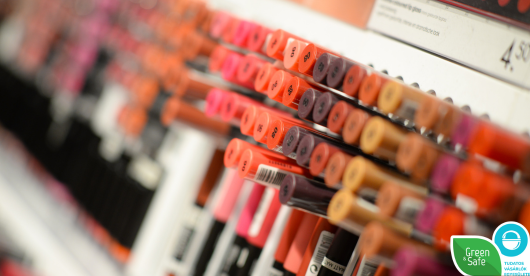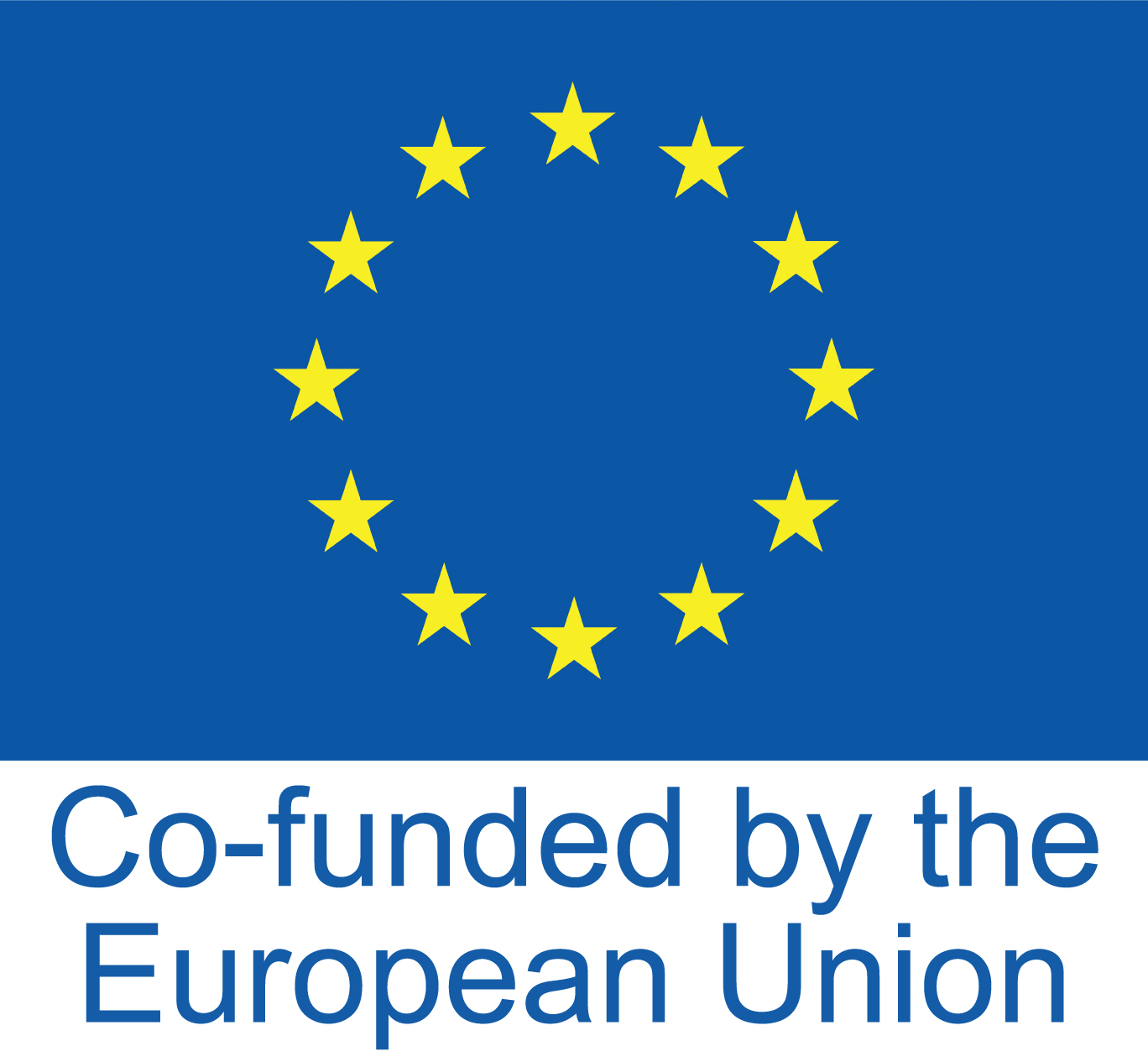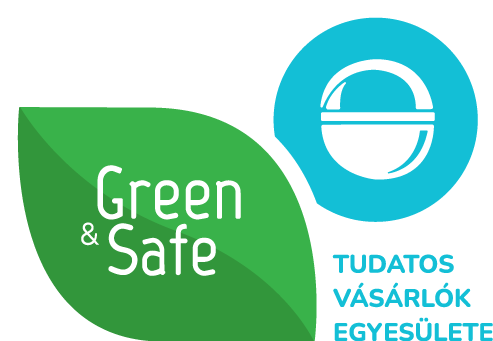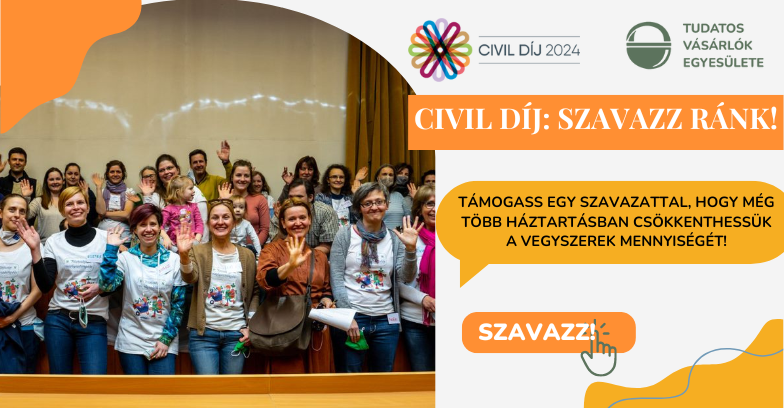
Tightening up on two dangerous substances in cosmetic products by the end of 2023
Two substances, triclosan and triclocarban, have long been the subject of debate. In the European Union, in cosmetic products now only a restricted amount of those two will be allowed to use. The decision will affect children too. Manufacturers will be given some time before the obligatory final withdrawal of products containing too much of the two substances.
Triclosan as an antibacterial and antifungal additive is often a component of cosmetic products, such as toothpastes, (liquid) soaps, deodorants, aftershaves, mouthwashes. The use of triclosan in food contact products and biocide (insecticide, outdoor disinfectant, etc.) products has already been banned in the EU.
Triclocarban too is used to inhibit the development of microorganisms in cosmetic products.
Why are these two substances problematic?
Several studies on triclosan have proven that it can disrupt the hormonal balance of organisms: it inhibits the functioning of male and female sex hormones, it can also affect the growth and development of the fetus, and it also damages the functioning of the thyroid gland. Some studies have linked triclosan exposure to certain types of cancers, developmental disorders, and liver damage.
If your toothpaste contains triclosan, it may destroy your oral flora, and by swallowing it, it may damage the beneficial bacteria of the intestinal flora.
Triclocarban is also a suspected endocrine disruptor and carcinogen. It also probably boosts antibiotic resistance in bacteria.
In addition, we have known for decades that products containing triclosan do not remove bacteria more effectively than washing hands with plain soap.
It’s bad for the environment too!
Also, triclosan is seriously harmful to the environment: since the majority of triclosan-containing products end up in wastewater after use, large amounts of triclosan accumulate in natural waters. It is toxic to algae and accumulates in large quantities in fish and other aquatic species.
During the decomposition of triclosan – as a consequence of UV radiation – a known carcinogen, dioxin, is produced. According to recent research, triclosan in tap water may react with chlorine used for water disinfection, and thus a number of dangerous chlorine compounds may be created, including chloroform, which is classified as a human carcinogen.
You find them in almost everything – but labels do not tell
According to domestic and EU regulations, triclosan content must be indicated on the labels of cosmetics, but the problem is that it may be present in clothes, shoes, kitchen utensils, paints, linoleum, furniture, adhesives, kitchen worktops and carpets – however, it is not obligatory to indicate triclosan on these types of products.
Triclosan enters the human body through these products (through the mouth, oral mucosa or the skin) and accumulates. Several studies have proven that triclosan, although not acutely toxic, may disrupt the hormonal balance of organisms: it inhibits the functioning of male and female sex hormones, it affects the growth and development of the fetus, and it damages the functioning of the thyroid gland. Some studies have linked triclosan exposure to certain types of cancers, developmental disorders, and liver damage.
Seeing the health risk, triclosan has been gradually removed from many consumer products by many manufacturers in recent years. We randomly searched for it in various products in the Tesco online store, and during a 20-minute search, we did not find it in either shampoos or toothpastes! Of course, this does not mean more than that, it is quite possible that we would have found such an ingredient in products present in other stores.
What will change?
It is unfortunate that even though EU experts do recognize the risk (damaging the hormones) that these two substances may bring, they still allow their widespread use.
In any case, following the expert opinion prepared for the European Commission, the strengthening of present legislation will be as follows:
- The maximum allowed concentration of triclocarban in dermally applied cosmetic products will be 0.2%;
- The use of triclocarban in mouthwash will be banned;
- Toothpastes containing triclosan or triclocarban must have a warning on the label: children below 6 years old shall not use them.
These restrictions are expected to enter into force at the end of 2023. Manufacturers have been given a grace period for the transition, thus products already manufactured will still be available in stores for another 17 months.

 A Green&Safe LIFE-styles projektet az Európai Unió LIFE alapja támogatja. Azonosító: ENV GIE HU000622 Green&Safe LIFE-styles
A Green&Safe LIFE-styles projektet az Európai Unió LIFE alapja támogatja. Azonosító: ENV GIE HU000622 Green&Safe LIFE-styles


